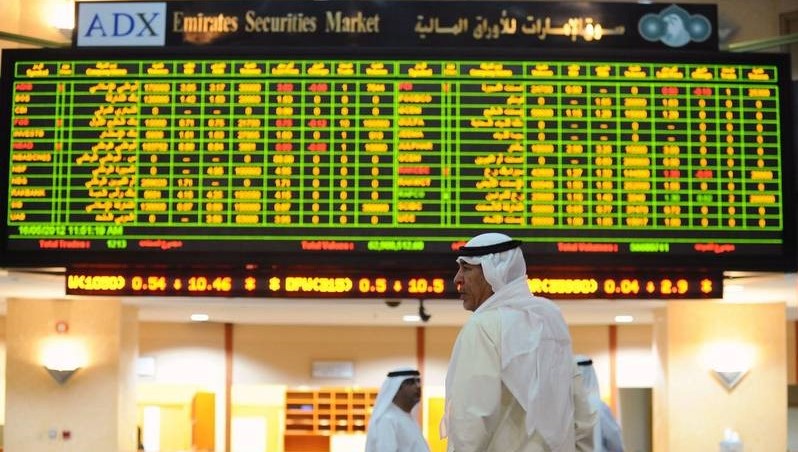- SPAC is a quicker way for a company to go public.
- Many of the SPACs created in the last two years did not end up making deals, and those that did performed poorly on the markets.
- Abu Dhabi was among the best performing indexes globally last year, gaining 68.2% in 2021.
Authorities in the United Arab Emirates (UAE) have approved the first framework for SPACs — Special Purpose Acquisition Companies — in the Gulf region, in an effort to attract new investment, despite a fall in popularity for the controversial funding tool.
“The Securities and Commodities Authority has approved the GCC’s first Special Purchase Acquisition Company (SPAC) regulatory framework, the latest initiative by @ADX_AE and @AbuDhabiDED to support global investors to capitalise on emerging opportunities in the UAE,” a tweet posted on the Abu Dhabi Media Office twitter page read on Monday, tagging the Abu Dhabi Securities Exchange and the UAE capital’s Department of Economic Development.
SPAC is basically a faster way for a company to go public. The SPAC has no actual business operations and exists to raise money through an IPO, to later merge with or acquire a private company.
They’re often called “blank check” companies, and the last two years witnessed an explosion in funding and use of SPACs — 2020 saw 247 SPACs, and the first quarter of 2021 alone saw 295 of the special vehicles created with $96 billion raised, according to the Harvard Business Review.
This is a sign of the country pushing ahead to further diversify its economy and compete with larger markets, said Karim Jetha, chief investment officer at Longdean Capital, an emerging markets asset management firm based in Dubai.
He noted that Abu Dhabi’s stock market has been “historically dominated by banks, real estate and telecoms companies,” but that last year saw IPOs in more domains including drilling, fertilizer and satellite sectors, “adding more breadth.” He added that “The decision to allow SPACs should enhance the ability of these latter-stage growth companies to access financing and bring about further diversification.”
The decision was made when Dubai announced public listings of government-related companies last year, and Abu Dhabi-listed stocks hitting record highs. Abu Dhabi was among the best performing indexes globally in 2021, gaining 68.2%.
UAE-based music streaming service Anghami last year became the first Arab company to list on the Nasdaq in New York, something it did by merging with a SPAC called Vistas Media Acquisition Company Inc., which raised $100 million when it went public in August 2021.
SPACs come with a fair amount of risk. Many of the SPACs created in the last two years did not end up making deals, so investors lost money, and those that did often performed poorly on the markets. Critics of the tool say it can dilute the quality of companies on an exchange and encourage speculation.
Stock performance hasn’t been great for SPACs in the U.S., and is down more than 16% from this time last year. And at a time when interest rates are set to rise and the cost of capital increases, investors are likely to move toward companies that generate cash flow.
Yet, the move is important, and the timing means the UAE has had time to learn from other markets’ dealings with SPACs, said Tala Al Jabri, a VC investor active in Saudi Arabia and the UAE. UAE “has had the opportunity to sit back and observe how SPACs have played out in other markets, and will be able to try to rectify and mitigate some of those risks. Surely, it’s a bold move but there’s yet to be an emerging market that has shown its capital markets are game for such investment opportunities,” she said.
Al Jabri added “Having a SPAC framework is a natural next step to take in developing its capital market, I expect other GCC [Gulf Cooperation Council] countries will follow to enact frameworks.”
Something that could work in the UAE’s favor is “the global nature of its startup ecosystem,” she added, “as well as increased scrutiny and regulation of SPACs in developed markets, especially the U.S.”
To know more about legal news and new regulations, check out Lexyom’s Legal News publications.
Legally Yours,







